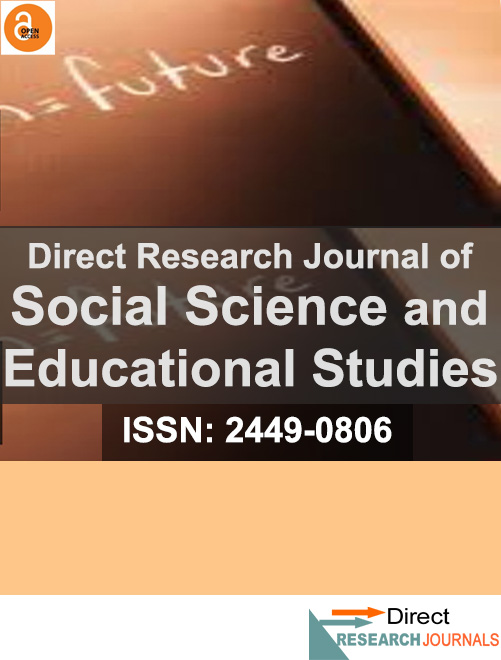Administrative Law and Resolution of Trade Disputes in the Nigerian Public Sector
Keywords:
Trade dispute, administrative justice, collective bargaining, public sector, industrial harmonyAbstract
Over the years, the employer-employee relationship in the Nigerian public sector has been inundated with conflicts arising from sundry matters relating to remuneration, promotion, conditions of service, collective bargaining issues, and administrative injustice, amongst others. Undoubtedly, there is rarely any trade union in the Nigerian public sector that has not threatened industrial harmony either with the declaration of a warning or full-scale industrial action. Notably among such unions are the Academic Staff Union of Universities (ASUU), Nigeria Labour Congress (NLC), Judiciary Staff Union of Nigeria (JUSUN), National Association of Resident Doctors (NARD), Non-Academic Staff Union of Educational and Associated Institutions (NASU), amongst numerous others. The study adopted the administrative justice theory as its theoretical guide and employed the descriptive and historical method. The findings of the study revealed that trade disputes in the Nigerian public sector mostly arise out of the failure of the government to honour collective agreements relating to payment of salaries and allowances, failure to implement reviewed national minimum wage as stipulated by law and introduction of obnoxious government policies which tend to affect workers’ socio-economic wellbeing. The study recommends that the Federal Government through the Federal Ministry of Labour and Employment should establish labour desks manned by trained labour officers in all the ministries, departments and agencies(MDAs) to undertake regular public awareness and legal literacy programmes to educate public servants on their rights and obligations regarding trade dispute resolution mechanisms and that the Federal Government should institute self-activated mechanism to ensure the review and implementation of new minimum wage every three years as stipulated by the National Minimum Wage (Amendment) Act.,2025







